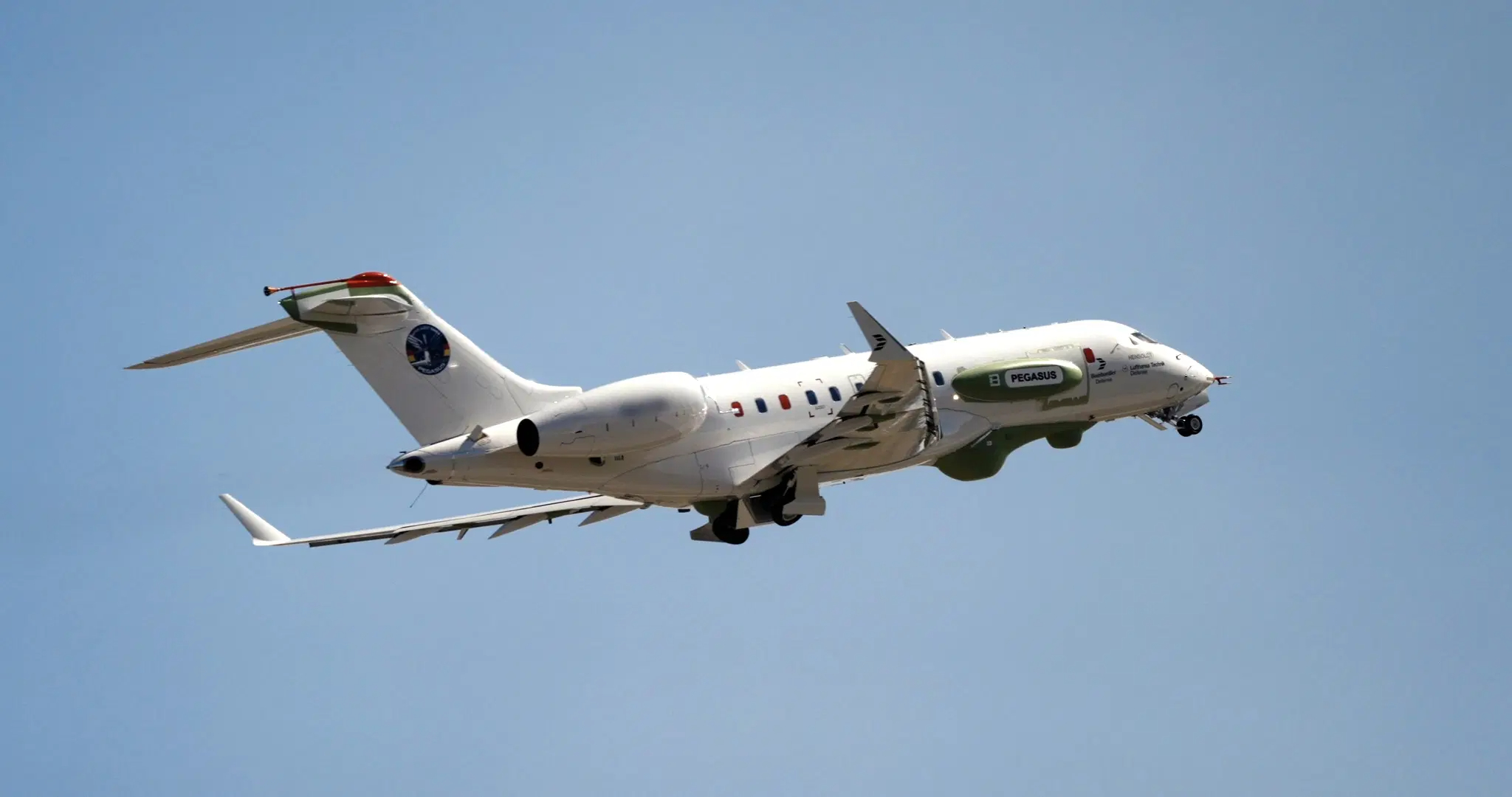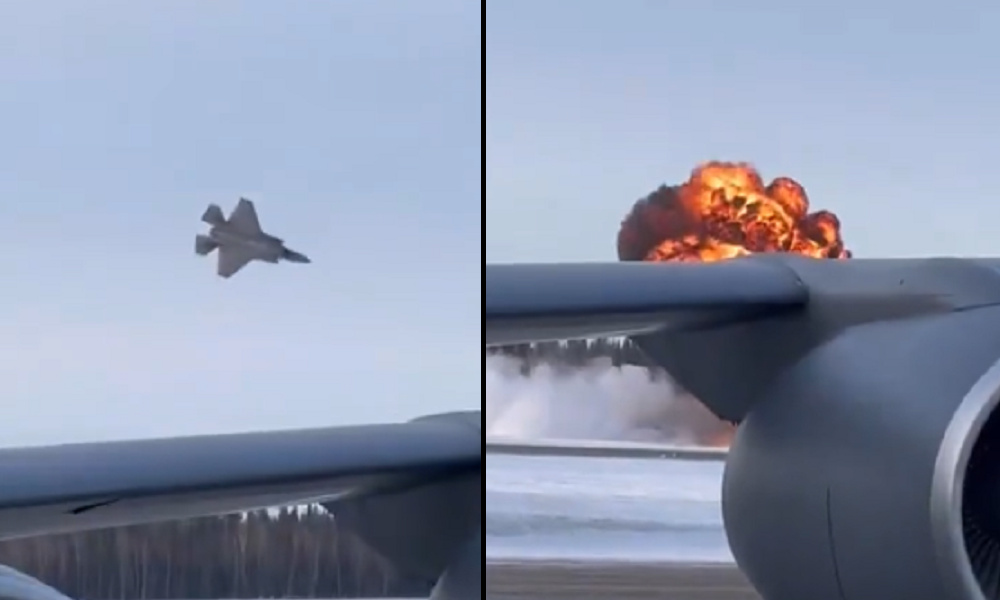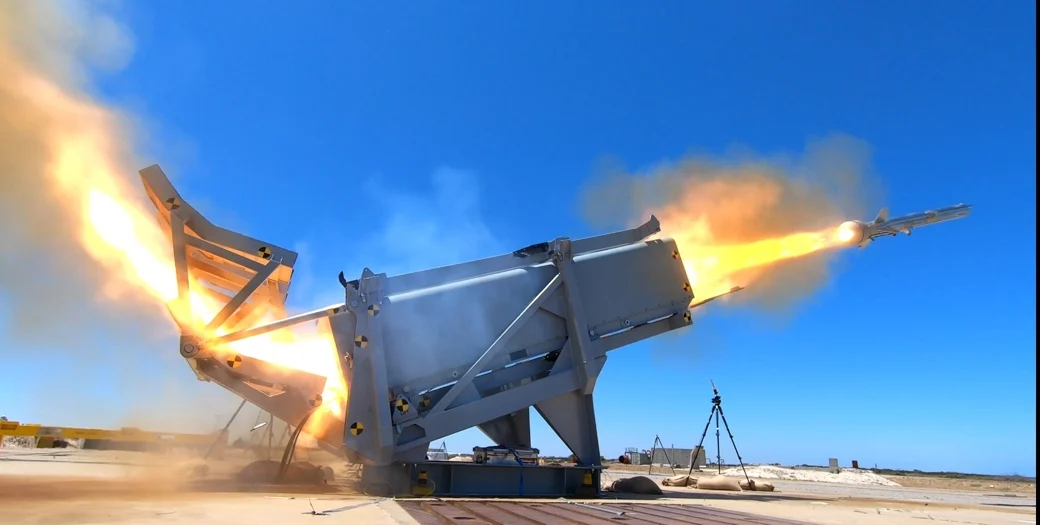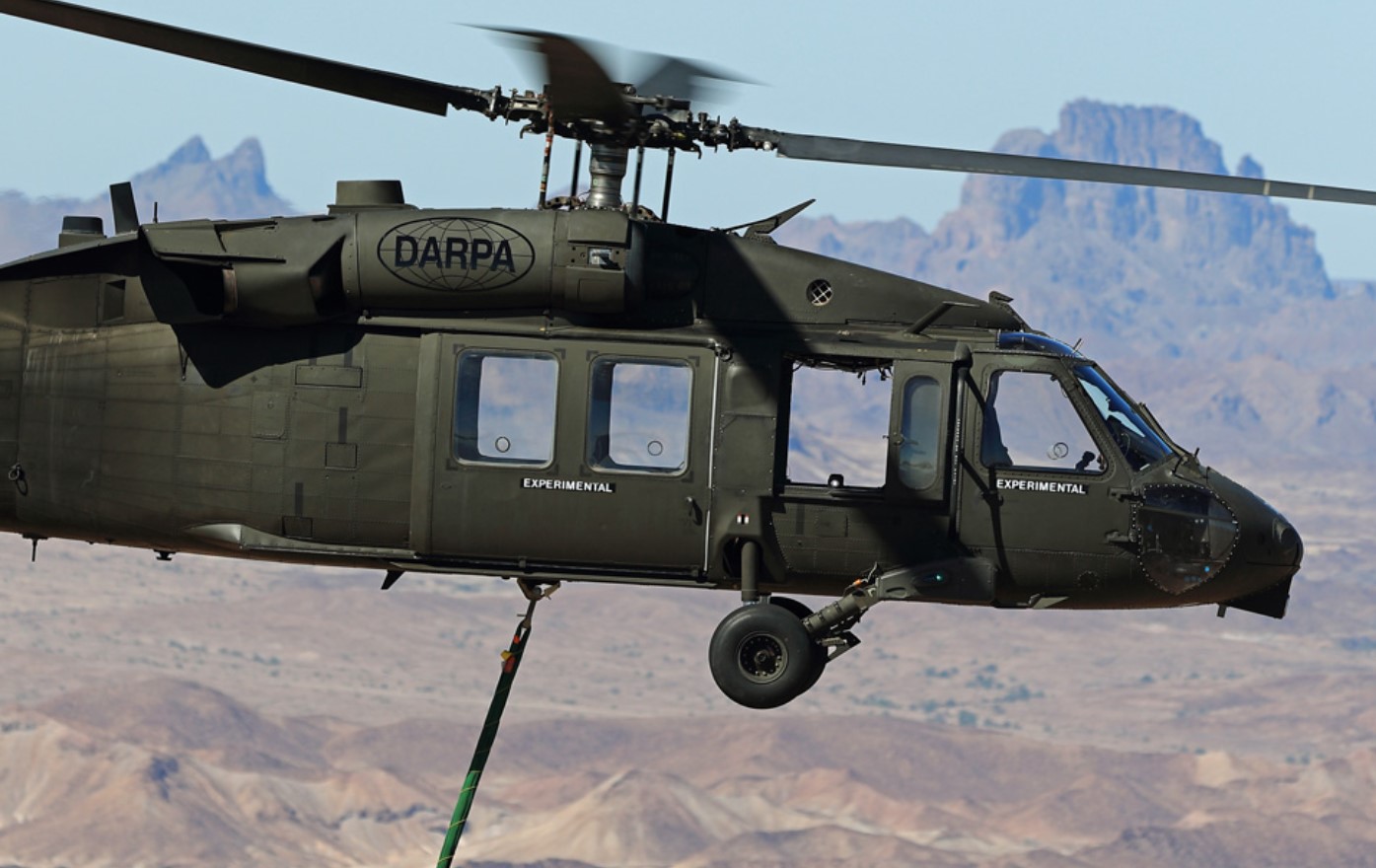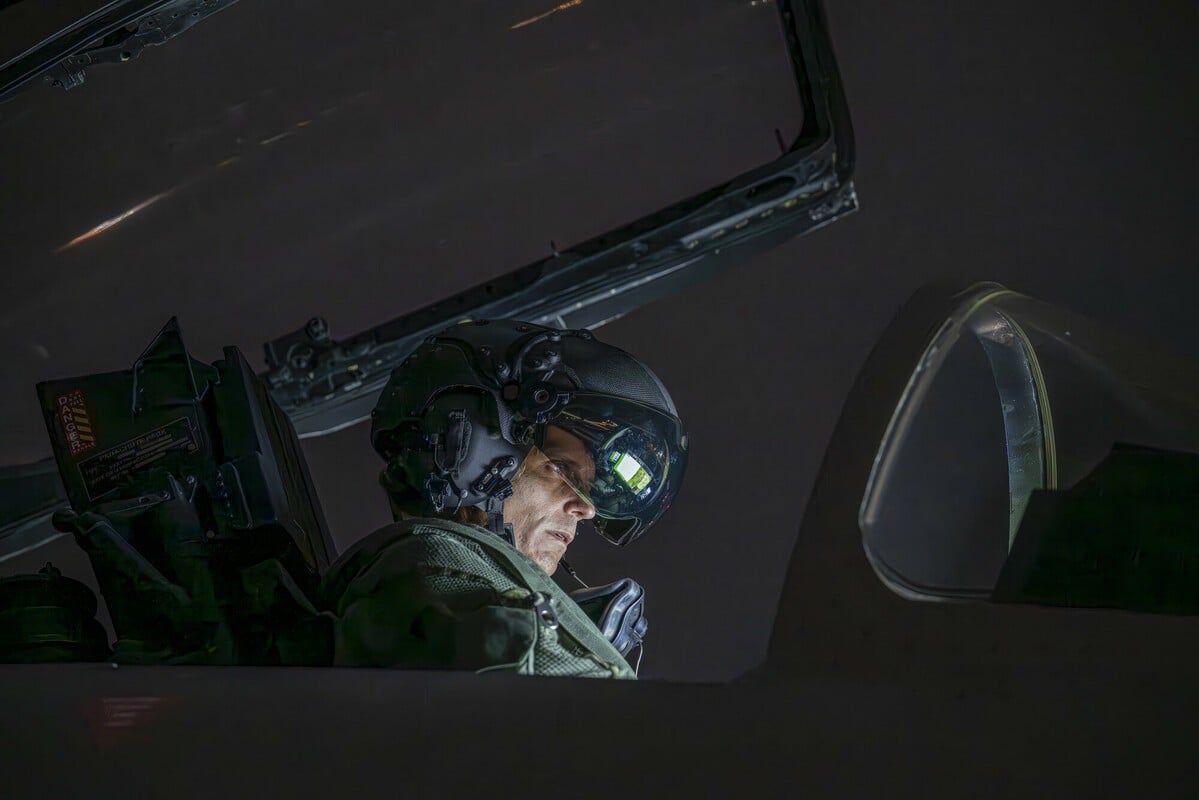German Airborne Surveillance System Pegasus Completes First Flight in Kansas
Berlin – The German Air Force’s Persistent German Airborne Surveillance System (Pegasus) aircraft has successfully completed its inaugural flight at Bombardier Defense’s facility in Wichita, Kansas. This marks a significant step in the ongoing modification of three Global 6000 commercial business jets, which are being transformed into advanced aerial assets designed to support critical military signal surveillance missions.
Conducted under the stringent requirements of the German Air Force, the flight evaluations were led by Bombardier pilots, allowing the Pegasus program to advance to its next development phase. The aircraft’s primary signals intelligence (SIGINT) capabilities will be enhanced with the integration of the Kalætron Integral technology from Hensoldt, a key member of the Taufkirchen-based Pegasus consortium.
Steve Patrick, Vice President of Bombardier Defense, expressed enthusiasm over the successful flight, stating, “Germany’s next generation signal intelligence aircraft is flying high. This achievement reflects the strong collaboration and shared expertise among HENSOLDT, Lufthansa Technik Defense, Bombardier Defense, and our suppliers.”
Following the completion of the initial flight tests in Kansas, all three Pegasus aircraft will be transported to Lufthansa Technik Defense in Hamburg for regulatory certification. The team at Lufthansa has already made significant progress in the integration of the SIGINT mission system alongside necessary military and civil avionics.
Michael von Puttkamer from Lufthansa Technik’s Special Aircraft Services department shared his excitement about the first flight, saying, “Seeing the first PEGASUS aircraft taking to the skies bearing the Lufthansa Technik Defense logo fills me with pride. This brings us a decisive step closer to welcoming this aircraft back at our site.”
The contract for integrating Hensoldt’s Kalætron system into the Pegasus aircraft was awarded in 2021. The first of the modified jets is scheduled for delivery to Germany by 2026, with the remaining two expected to follow by 2028. Hensoldt’s Spectrum Dominance Division Head, Dietmar Thelen, celebrated this milestone for the Pegasus program, emphasizing the vital role of their technology in enhancing reconnaissance capabilities for the future.
As development proceeds, all eyes will remain on the upcoming flight test activities and continued collaborative efforts to bring the Pegasus aircraft into full operational service.

